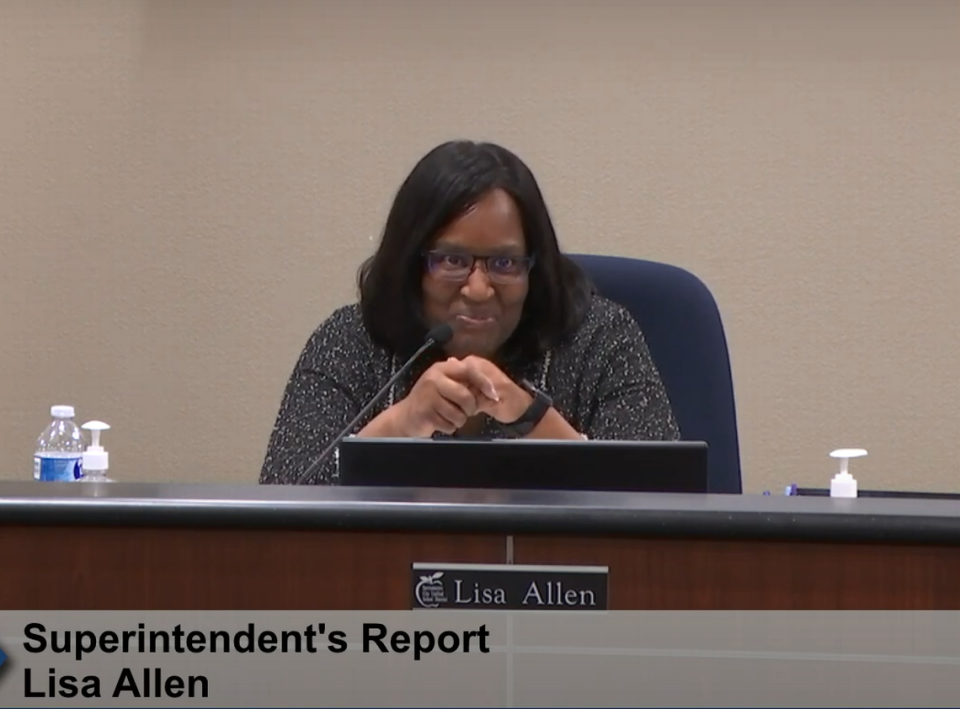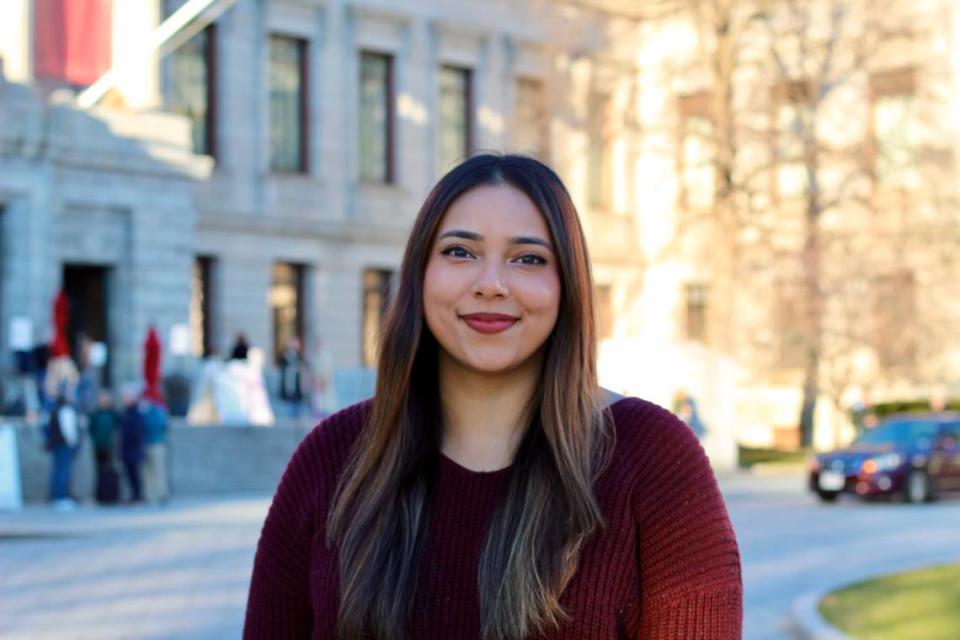C.K. McClatchy leaders mimic national trend of undermining student press freedom | Opinion
Censoring student journalists or retaliating against their advisors is not only a violation of free speech rights, it shows students that the truth — an essence of journalism — does not matter. That’s what administrators at C.K. McClatchy High School have made clear.
Under California’s New Voices law, student journalists and advisors are protected in their editorial choices, which confirms that placing the high school’s journalism teacher, Samantha Archuleta, on administrative leave was the school’s attempt to control the narrative — as well as a massive blow to free expression.
This incident highlights a broader trend across the country of undermining student press freedom, and could set a dangerous precedent if no further action to rectify the situation is taken.
Opinion
In response, the First Amendment Coalition, the American Civil Liberties Union of Northern California and the Student Press Law Center urged Sacramento City Unified School District Superintendent Lisa Allen to reinstate Archuleta and adhere to California’s Education Code. The letter recognized the immense need to acknowledge student press freedom rights, and the instrumental work of student journalists.
Archuleta remains on leave in the wake of the student newspaper publishing a series of notable statements from students in various campus settings, including from one student who said “Hitler had some good ideas.” The piece was meant as an honest reflection of C.K. McClatchy’s current campus climate.
As a board member for the Student Press Law Center, a national nonprofit that provides free legal aid to student journalists, and as a free speech activist and student journalist myself, I have been working on restoring student’s First Amendment protections across the country and advocating for student journalists to get a seat at the table for over five years.
We know our school campuses best, and we often outpace national news outlets in speed and quality of coverage. Whether it’s extensive COVID coverage or ongoing election reporting, student journalists have time and again proven themselves to be a critical part of our media ecosystem. With local news outlets dying and impacting over 70 million Americans, student news outlets at the high school and college level are working to be the solution, essentially transforming into local news outlets by covering their surrounding cities and towns in addition to their campus.
Student journalists are even a crucial part of statehouse reporting, providing visibility to the issues that the state and local legislatures are voting on, such as abortion access and book bans.
Yet it is clear that despite the impact student journalists have at pivotal moments in history, they are still met with arrests, assaults and censorship. In fact, since the 1988 Hazelwood v. Kuhlmeier Supreme Court ruling in favor of a Missouri high school principal who censored student reporting, school administrators have had the ability to censor student publications at public high schools and universities, which has further enabled widespread censorship.
Without student journalists, we would have little transparency or visibility into the movements brewing on campuses across the country or the insights of students at the forefront of historic challenges. We need to preserve the future of journalism and democracy by envisioning a stronger infrastructure to support student journalists and student press freedom. That means advocating for their free speech rights and pushing to reverse the effects of Hazelwood v. Kuhlmeier in public high schools and universities.
We must also support quality journalism education, donate to organizations providing student reporters and advisors with legal aid and financially support student news outlets.
Supporting student journalists isn’t just about fostering ethical journalism; it’s about ensuring a well-informed future. Anyone who cares about free expression should push back against decisions like the one at C.K. McClatchy High School and empower students to continue documenting historic moments.
Pratika Katiyar is a writer and activist. She has bylines and features in Teen Vogue and CNN, and is on the HerCampus and e.l.f. Cosmetics 22 Under 22 list of most inspiring women.


